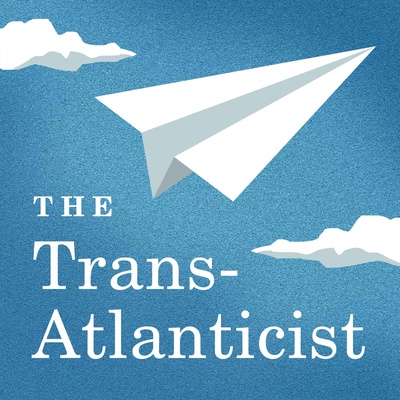
Yanis Varoufakis, former finance minister of Greece, is leader of the MeRA25 party and Professor of Economics at the University of Athens, writes:
Imagine that the central bank provided everyone with a free digital wallet, effectively a free bank account bearing interest at the central bank overnight rate. Given that the current banking system functions like an anti-social cartel, the central bank might as well use modern digital, cloud-based technology to provide free digital transactions and savings storage to all, its net revenues paying for essential public goods. Freed from the compulsion to keep their money in a private bank, and to pay through the nose in order to transact using its system, people will then be free to choose if and when they wish to use private financial institutions offering risk intermediation between savers and borrowers whose monies will, however, live in perfect safety on the central bank’s ledger.
It is at around this point of my proposal that the crypto brotherhood will feign a fit, accusing me of pushing for a Big Brother central bank that sees and controls every transaction we make. Setting aside their stunning hypocrisy, days after they demanded an immediate central bank bailout of their Silicon Valley bankers, let me point out that the Treasury and other organs of the state already have access to each transaction of ours. Indeed, privacy could be better safeguarded if transactions were to be concentrated on the central bank ledger under the supervision of something like a Monetary Supervision Jury comprising randomly selected citizens and experts drawn from a wide range of professions.
In summary, the time has come to reach an inevitable conclusion: the banking system we take for granted is unfixable. That’s the bad news. But there is good news. We no longer need to rely, at least not the way we have so far, on any private, rent-seeking, destabilising network of banks. The time has come to blow up an irredeemable banking system which only delivers for property and share owners at the expense of the majority.
Coal miners have found out the hard way that society does not owe them a permanent subsidy to damage the planet. It is time for the bankers to make a similar discovery.
Filed under: Action, Juries, Proposals, Sortition | Tagged: banking, currency, Varoufakis | 3 Comments »



 the Stranger, perhaps Seattle’s most widely read newspaper, has recently published an
the Stranger, perhaps Seattle’s most widely read newspaper, has recently published an  Antoine Vergne (of Mission Publique) and I were invited guests on the American cultural center Hamburg’s podcast for two episodes over the last two weeks.
Antoine Vergne (of Mission Publique) and I were invited guests on the American cultural center Hamburg’s podcast for two episodes over the last two weeks.
 Last week, a German documentary about their citizens’ assembly on “improving representative democracy,” which took place in Leipzig over two weekends in Sept. 2019, aired on MDR in Saxony and will air in other regions later.
Last week, a German documentary about their citizens’ assembly on “improving representative democracy,” which took place in Leipzig over two weekends in Sept. 2019, aired on MDR in Saxony and will air in other regions later.